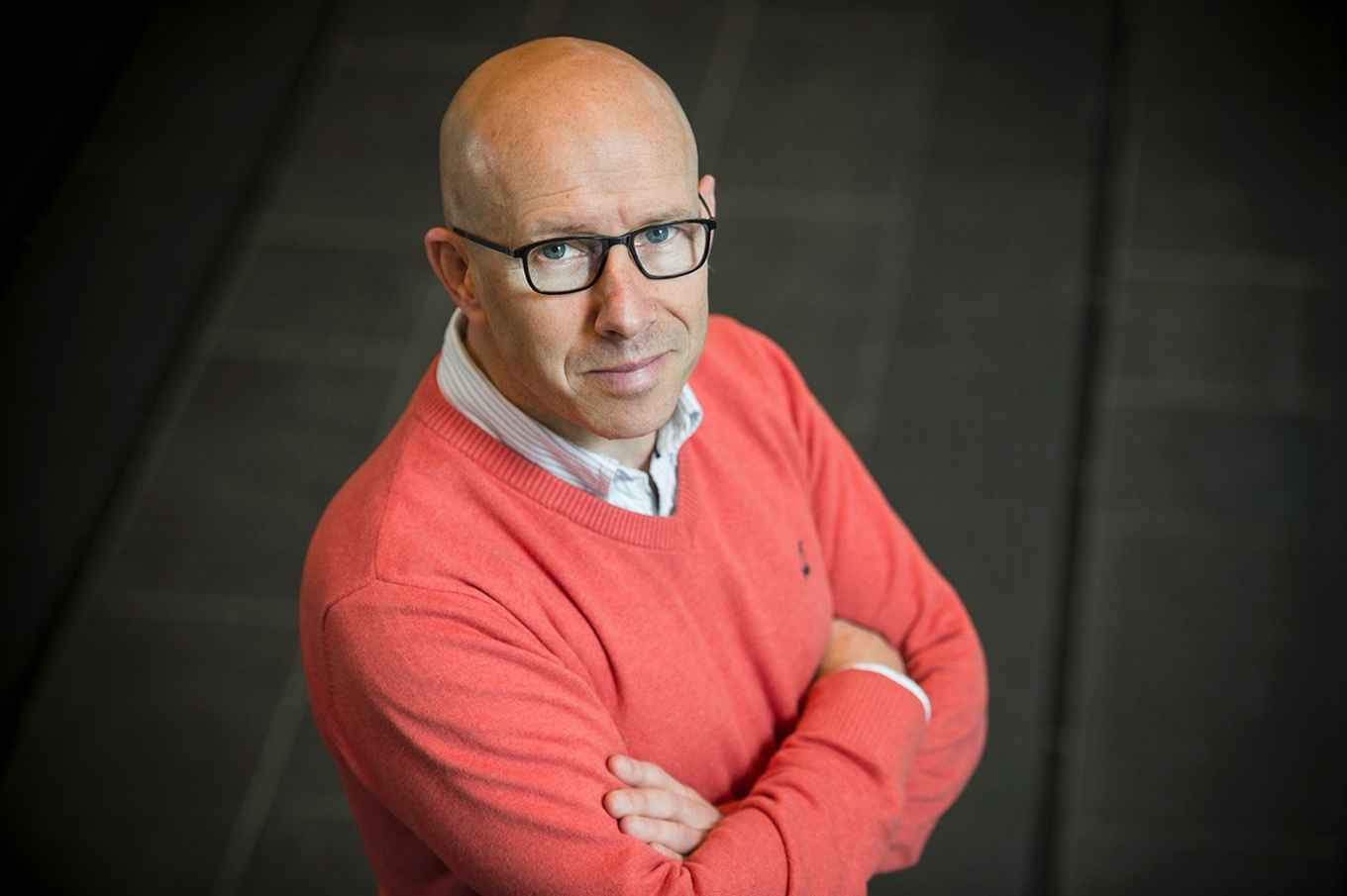Garry Corthals, professor of Supramolecular Separations
10 July 2014

Corthals’s research focuses on the use of mass spectrometers to characterise and quantify proteins in biological systems. Proteins are particularly interesting because they are critical for most biological processes and functions. To study proteins, Corthals develops mass spectrometry tools and allied technologies that allow analysis of exquisite amounts of the thousands proteins that make up the molecular networks in cells, tissues and organs. Knowledge about the interplay of proteins, how and for how long they are modified and how they respond to their environment and influence the emergent properties of biomolecular systems are set to change our view of biology in life sciences.
The multidisciplinary group will draw from a wide range of expertise allied to mass spectrometry ranging from chemistries to computational methods to solve challenging questions, thereby providing new knowledge and concepts in biomolecular sciences. In line with HIMS existing research areas in Macromolecular and Biosystems Analysis, Corthals’s thematic areas of research will be in health, food and forensic sciences, as well as a new area of activity for HIMS, 'Science for Art’, that combines interdisciplinary research uniting art history, art conservation and science.
Since 2006 Corthals has led a research group in the field of mass spectroscopy-based proteomics at the Turku Centre for Biotechnology in Finland. He is also director of the Turku Proteomics Facility of Turku University & Åbo Akademi University in Finland and chairman of the National Proteomics and Metabolomics Technology Platform, as well as being a member of the Innovation, Impact and Exploitation of Infrastructure for Systems Biology (ISBE) steering committee.